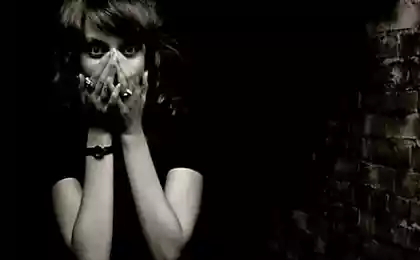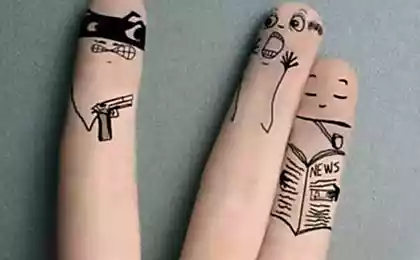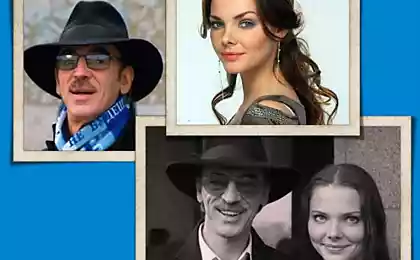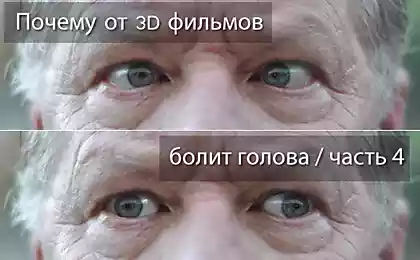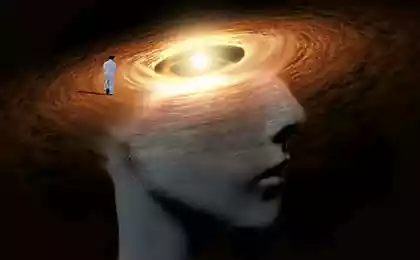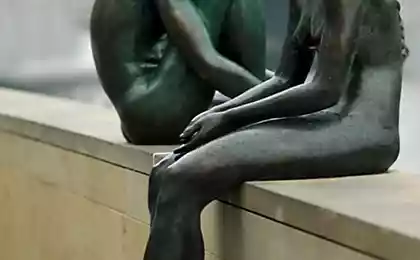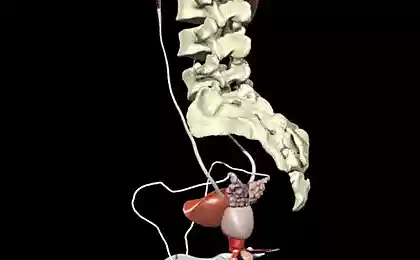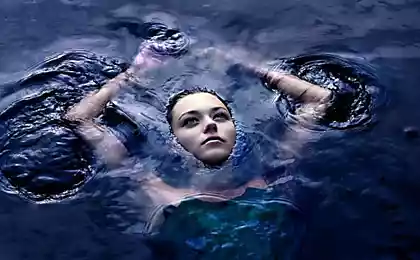462
Why We Love Scary Stories: The Psychology of Horror
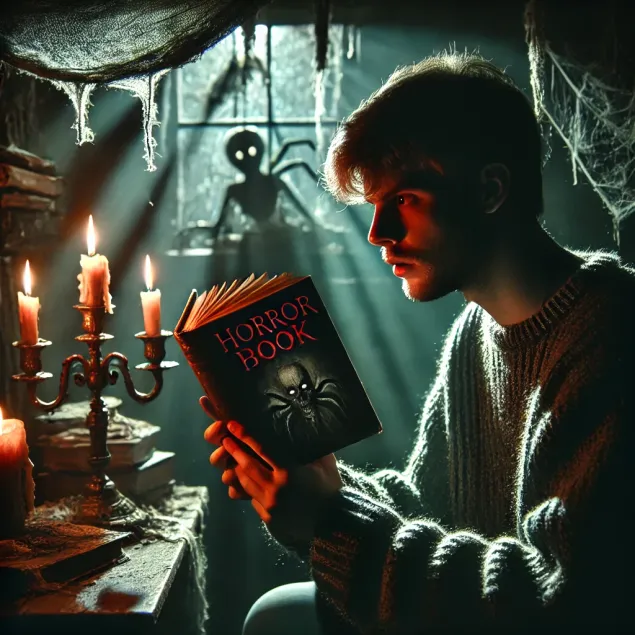
Introduction: The Mystery of Our Interest in Horror
Why do we, knowing that a horror movie will make us scream and hide under a blanket, still watch it? Why do mystical stories and horror games make us so excited? It turns out that the love of the terrible is not just a strange fad, but a complex psychological phenomenon associated with the work of our brain.
In this article, we explore why we are attracted to horror, how fear affects our consciousness, and why we take pleasure in what scares us. Ready to find out what lies behind our love of horror stories? Then let's go!
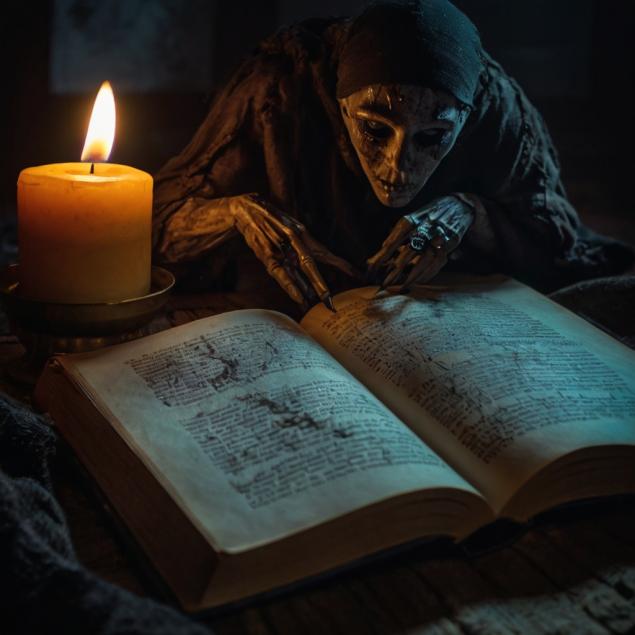
1. Fear as a source of adrenaline
When we watch a horror movie or read a horror story, our brains perceive the threat as real. This triggers a fight-or-flight response, accompanied by an adrenaline rush. This hormone causes rapid heartbeat, sweating and a feeling of excitement.
Why it's nice: Adrenaline gives you a sensation that many people find attractive, especially if they know they are safe.
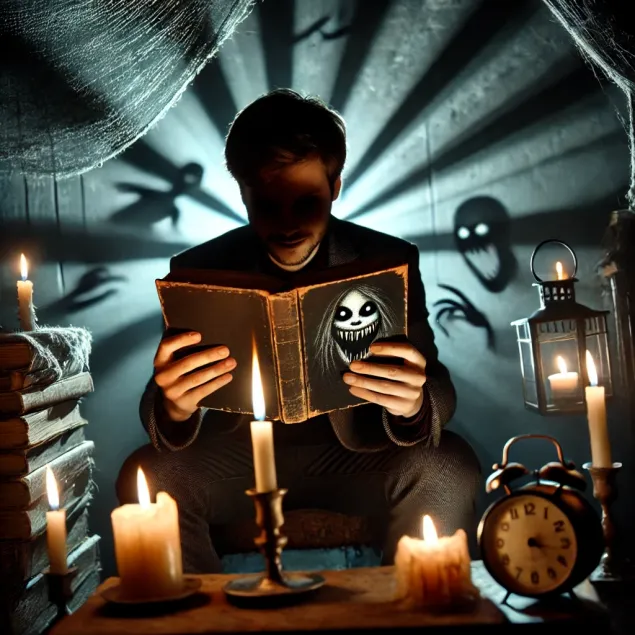
2. Emotional discharge
Scary stories allow us to experience strong emotions in a controlled environment. After watching a horror movie or reading a mystical story, we feel relieved because we realize the danger was fake.
Why this is useful: This helps relieve stress and tension that have accumulated in real life.
3. Curiosity and desire to explore
The human brain is designed so that we are attracted to everything unknown and mysterious. Horror stories, especially mystical ones, awaken our curiosity and desire to solve the mystery.
Why it's interesting: We enjoy the process of unravelling and the feeling that we have touched something mysterious.
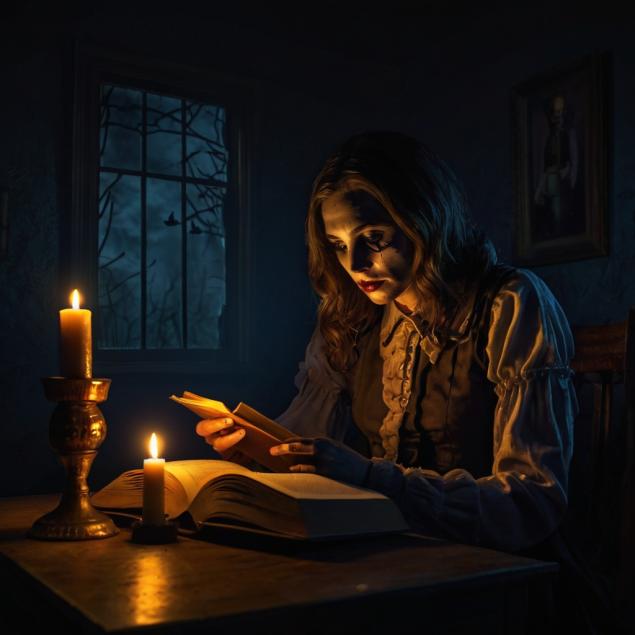
4. Social Aspect: Fear Unites
Scary stories often become a reason for communication. We share experiences from horror movies, tell each other mystical stories and play horror games together. It creates a sense of community and strengthens social ties.
Why it matters: Sharing fear helps us feel closer to others.
5. Evolutionary theory: training for the brain
From an evolutionary perspective, the interest in scary stories may stem from the need to prepare for danger. By experiencing fear in a safe environment, we “train” our response to stressful situations.
Why this is useful: It helps us to be more prepared for real threats.
6. Dopamine: the chemistry of pleasure
When we experience fear, our brain releases dopamine, a neurotransmitter associated with feelings of pleasure and reward. That is why after watching a horror movie, we can feel euphoric.
Why it's nice: Dopamine creates a sense of satisfaction, even if the process itself has been intimidating.
7. Controlling fear
When we watch a horror movie or play a horror game, we can stop at any time. This gives us a sense of control over the situation, which makes fear less frightening and more attractive.
Why it matters: Control helps us cope with anxiety and feel more confident.
8. Aesthetics of horror: beauty in the terrible
Many horror films and mystical stories have a unique aesthetic that attracts viewers. Dark landscapes, atmospheric music and mysterious characters create a special mood that many people like.
Why it's interesting: The aesthetics of horror allow us to enjoy beauty in unusual and even frightening forms.
Conclusion: Fear as a Part of Our Nature
Love for scary stories is not just a strange habit, but a complex psychological mechanism that helps us cope with emotions, satisfy curiosity, and strengthen social bonds. Fear experienced in a safe environment can be not only fascinating, but also beneficial to our mental health.
What is the most attractive thing about scary stories? Share your thoughts in the comments and talk about your favorite horror movies or mystery books!




